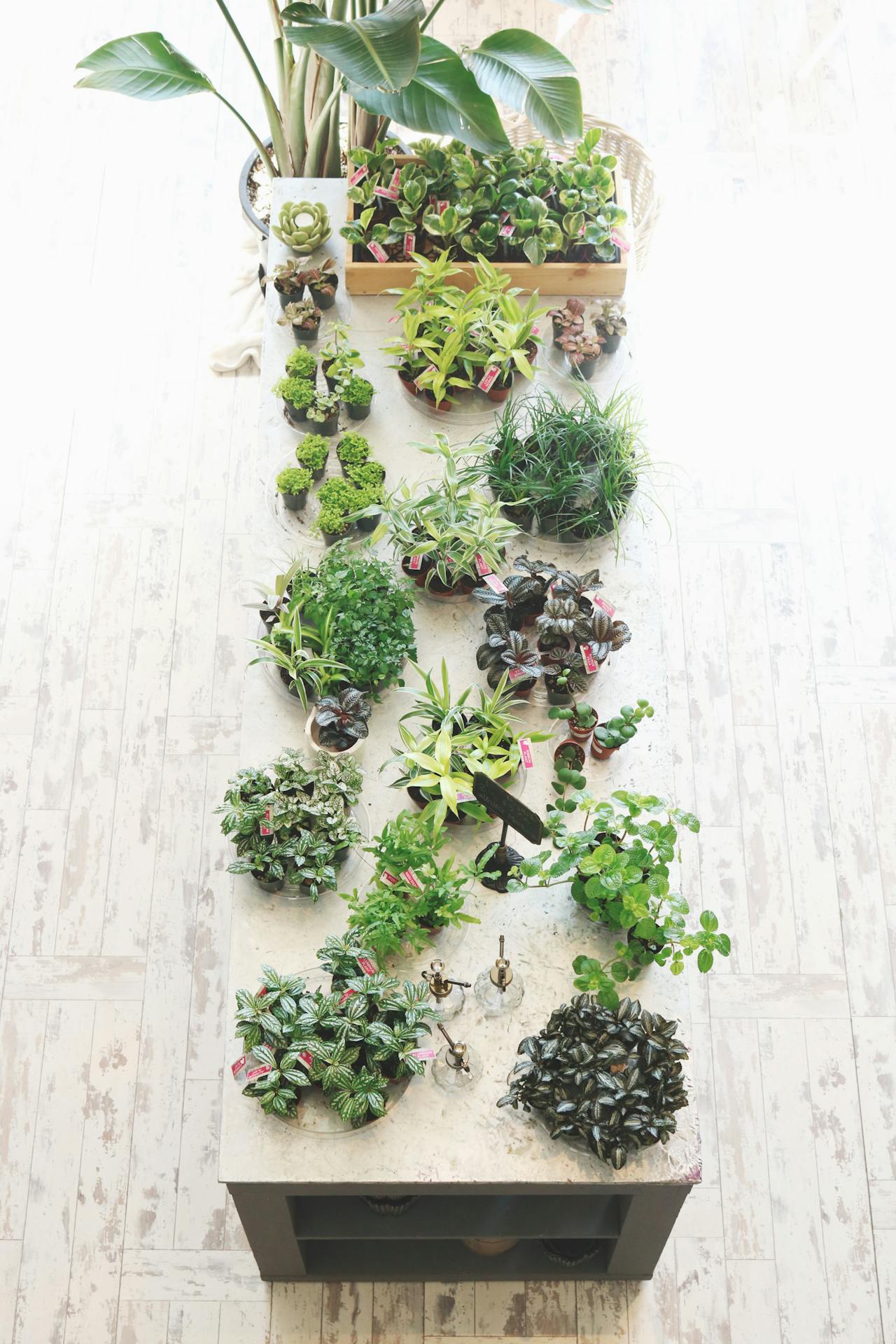
Proponents argue that tiny forests create more habitat for wildlife and increase the capacity of land to store carbon, although few studies aim to quantify those benefits in western countries. (Pexels Photo)
By Hanyu Qi, University of Sheffield and Nicola Dempsey, University of Sheffield, The Conversation
A staggering one in three people in England lack access to nature-rich spaces within a short walk from their homes. Now, a growing movement is bringing nature back to cities across the UK. The Miyawaki forest method involves planting a diverse mix of densely packed native woodland trees – or “tiny forests” – that grow quickly in small areas, around the size of a tennis court.
Already, there are more than 280 Miyawaki-style forests nationwide. Tucked away within housing estates, school grounds and wasteland on the urban edge, these urban forests are growing faster than conventionally planted trees.
This tree planting approach was developed by Japanese ecologist Akira Miyawaki in the 1970s. Proponents argue that tiny forests create more habitat for wildlife and increase the capacity of land to store carbon, although few studies aim to quantify those benefits in western countries. If planted in a certain way, they can help create a more complete plant community structure from the ground up to the canopy.
This means that the forest has distinct layers from the slow-growing canopy species right down to the smaller shrubs and ground covering herbs. These habitats are self-sustaining, so after three to five years’ growth they apparently don’t need much maintenance.
The environmental charity Earthwatch Europe uses the Miyawaki method to plant tiny forests in urban areas. So far, with the help of local communities, they have planted 285 forests since 2022.
Some local councils and community groups are embracing this tiny forest revolution. At Tychwood in Witney, near Oxford, the UK’s first tiny forest now has an outdoor classroom area that’s used by schoolchildren and local residents who can work on citizen science projects and tree maintenance.
Since it was first planted in March 2020, the habitat has become home to insects, birds and lots of native plants such as oak, birch, crab apple, dogwood and goat willow.
But while a government-funded pilot project called Trees Outside Woodlands has received attention for its possible socio-environmental benefits, very little research has quantified how best to do this effectively. One report published by conservation charity the Tree Council shows that Miyawaki plots have significantly higher survival rates and are more cost-effective than non-Miyawaki plots. But lots of unknowns remain.
A climate of uncertainty
Despite recognition of the potential benefits, including carbon storage, biodiversity conservation and educational opportunities, there’s a lot of uncertainty about how to apply the tiny forest method in different climates, particularly in the UK.
Our recent study, published in the Arboricultural Journal, explores how suitable these tiny forests are within the UK context. Our interviews with 12 professionals (tree experts from academia or practitioners) reveal that while half of them supported the Miyawaki method, especially in specific urban areas such as schools and small parks, concerns remained about tree mortality and the high costs of buying saplings, prepping soil and maintaining trees. A few people told us that they could see potential in using unused farmland to establish tiny forests in rural settings too.
Climate adaptation is paramount and planting trees in urban environments has never been more important. Access to nature also improves people’s health and wellbeing, with green spaces helping to connect communities and reduce loneliness, as well as mitigate the negative effects of climate change, such as air pollution, heatwaves and flooding, and improve biodiversity.
As UK cities face both climate change and biodiversity loss, the tiny forest method offers a promising solution. There are still many challenges to overcome as this movement is still in its infancy – but it could be key to a greener, more resilient future.

Don’t have time to read about climate change as much as you’d like? Get a weekly roundup in your inbox instead. Every Wednesday, The Conversation’s environment editor writes Imagine, a short email that goes a little deeper into just one climate issue. Join the 35,000+ readers who’ve subscribed so far.![]()
Hanyu Qi, PhD Candidate, School of Architecture and Landscape, University of Sheffield and Nicola Dempsey, Senior Lecturer in Landscape Architecture, University of Sheffield
This article is republished from The Conversation under a Creative Commons license. Read the original article.





















